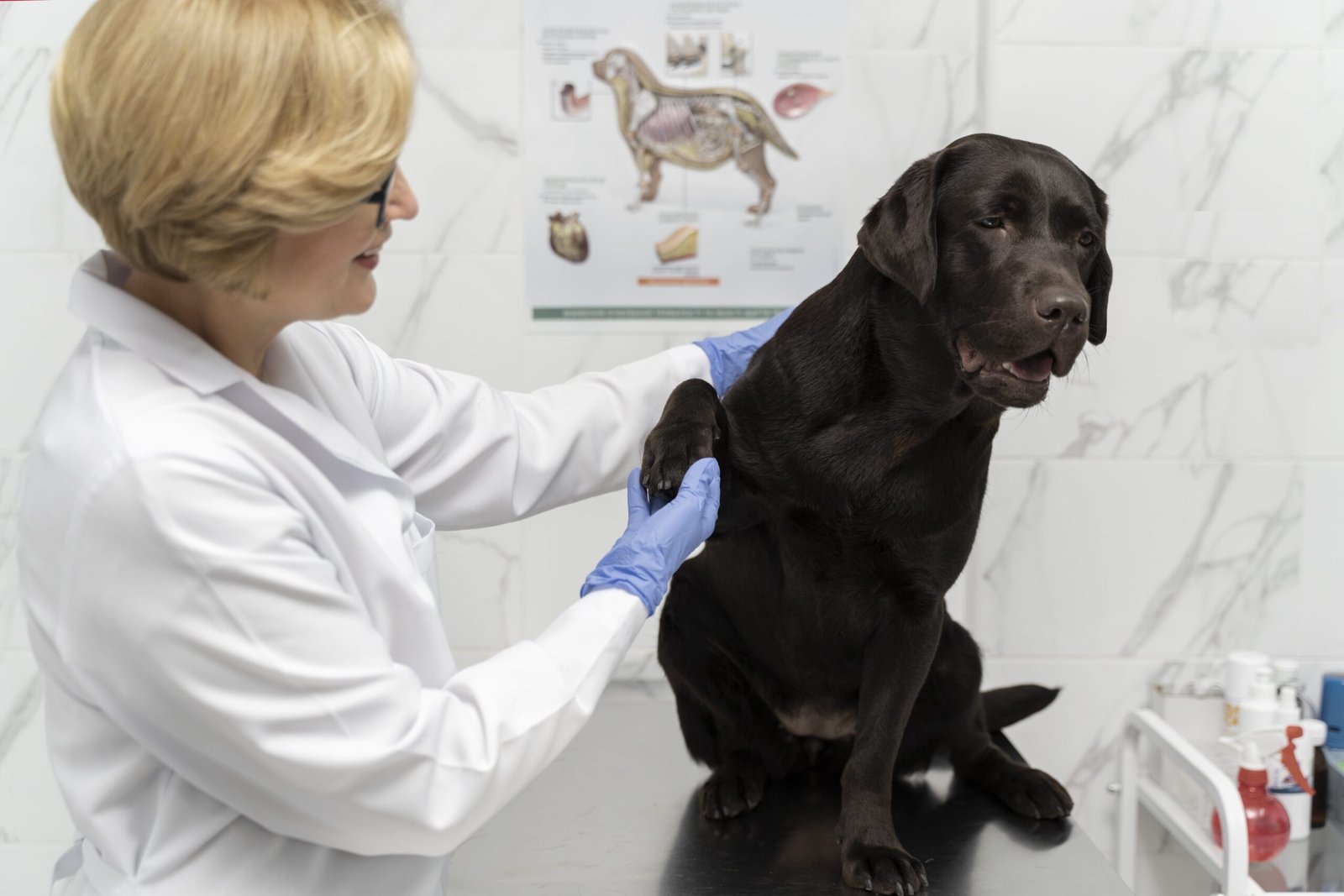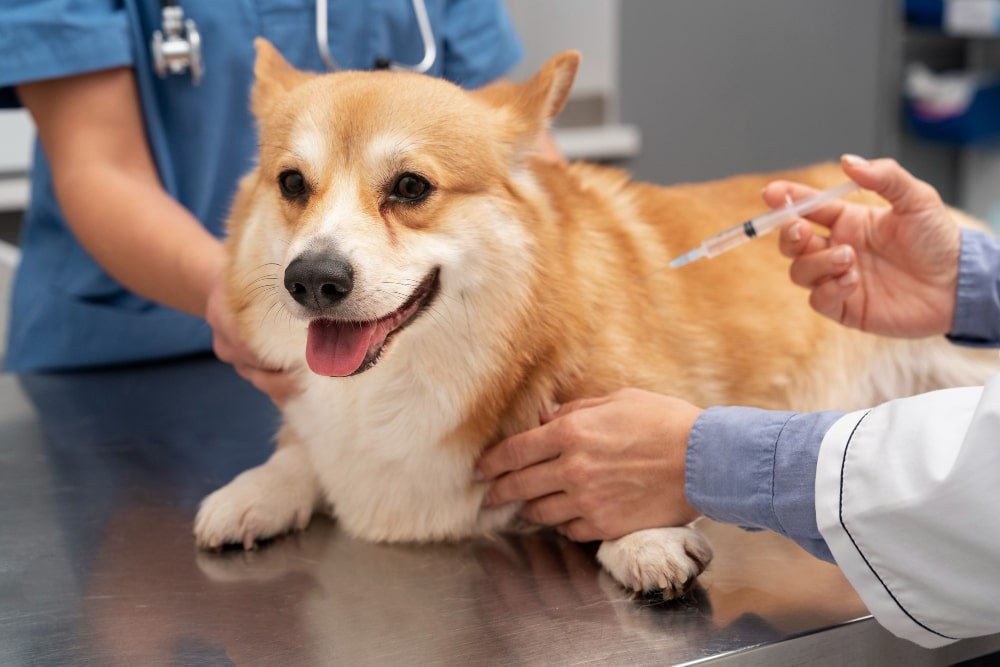Reproductive Service

Progesterone Test
Progesterone is a hormone primarily produced by the ovaries in females, though small amounts are also made by the adrenal glands and placenta during pregnancy. It plays a crucial role in regulating the menstrual cycle, preparing the uterus for pregnancy, and maintaining pregnancy. A progesterone test measures the levels of this hormone in the blood and helps diagnose various reproductive health issues. Here’s an overview of the importance of progesterone testing and how the procedure is conducted.
Reverse Progesterone Test
While progesterone testing is commonly used to assess reproductive health, a “reverse progesterone test” flips the script, focusing on understanding hormonal imbalances from a different perspective. This test delves into the intricate interplay of hormones within the body, offering valuable insights into various health concerns. Below, we explore the concept of the reverse progesterone test and its implications.


Artificial Insemination (AI)
Artificial Insemination (AI) is a form of assisted reproductive technology (ART) that aims to enhance fertility by facilitating the process of conception. This technique involves introducing sperm into the female reproductive tract under controlled conditions, increasing the chances of fertilization. Here, we delve into the fundamentals of artificial insemination, its applications, and the procedures involved.
Ultrasound
Ultrasound imaging, often referred to simply as ultrasound, is a non-invasive medical technique that utilizes high-frequency sound waves to create real-time images of the body’s internal structures. Widely used across various medical specialties, ultrasound provides valuable diagnostic information without the need for ionizing radiation. Here, we explore the principles of ultrasound technology, its applications, and its role in modern healthcare.

